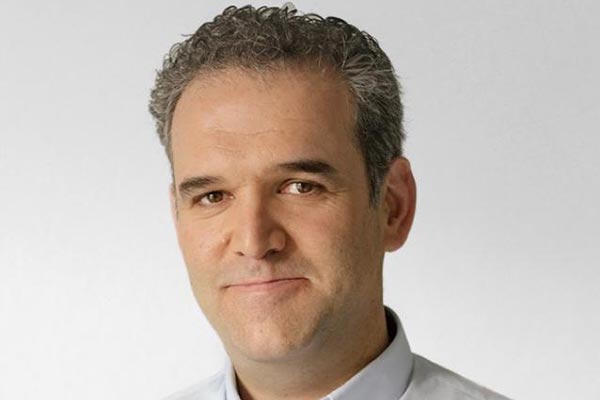
Jesús Encinar
Founder and Director of idealista.com
“It’s not easy to innovate in Spain because it is quite a conservative country”
Is it easy to become an entrepreneur and innovator?
It is never easy to make sales and innovate. And such tasks are even more complicated in Spain because it is quite a conservative country. When we compare ourselves to the Scandinavian countries, Germany, England, or the United States, we can see just how complicated innovation is. But when we look at countries with very rigid structures such as Italy or Japan, Spain doesn’t seem to be in such a bad way.
What should Spain do to encourage innovation?
The best option would be legislation to deregulate, given that there is an excess of legislation that prevents innovation in Spain. With regard to technology, we need to resolve the issue of stock options and their treatment within the tax system. People who have worked with me for fifteen years have to pay out 50 percent of their earnings. That doesn’t work, and it stops talent from flowing. People stay in the same company they’ve always worked for and no opportunities are created. There is no movement; there are no interesting projects. The other big difficulty facing Spain is education. We have an education system that is severely lacking, in particular in the university sphere.
And in the teaching of technology?
Business schools are good. But when it comes to hiring programs and technical teams we cannot find suitably trained, well-prepared candidates. And that’s despite a 50 percent youth unemployment rate. What we most need at the moment are programs to develop apps. In Spain, IT degrees take six years and do not include app programming on their syllabuses. Our university system needs to be updated to keep pace with modern times, given that we need to train people for today’s needs.
And what about venture capital?
Things used to be really bad. The situation has changed, mainly because of certain technology companies that became successful and made an effort to invest in other businesses in the sector. Today there is a great deal of money and funding. What’s missing is the base level of the pyramid: there are a lot of people who need funding for those first €100,000. The figure of the business angel is still underdeveloped. But I don’t think the problem lies in a lack of funding. A good project can always find money and investors.
Are some sectors difficult to break into?
The technology sector is still not fully regulated. Spain is a country of oligopolies even today, whether in the media, in distribution, construction, telecommunications… I am experiencing the influence that this has through my own company, Idealista, in terms of legislation on holiday lets. I’m really in the thick of it, given that we have a holiday let website. The root of the problem lies in the oligopoly of large hotel groups that are involved in the legislative process along with regulators and work to protect their interests.
So Spain is no country for liberals?
The word liberal has taken on negative connotations. And “neoliberal” has even worse connotations. I believe it is possible to have an economy where businesses are free yet correctly regulated in order to avoid abuses and ensure that we can move forward in the future. In Europe, we run the risk of becoming irrelevant. We may end up being regarded as a new Venice: very beautiful and decadent, but a center for tourism as opposed to industry. We are becoming a huge museum.
